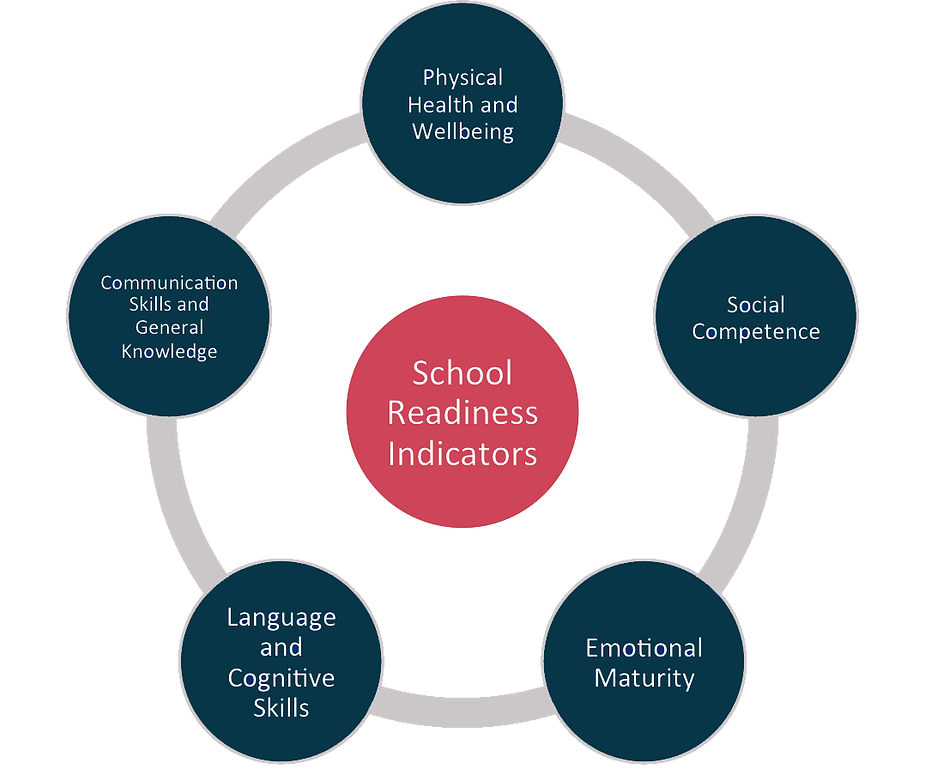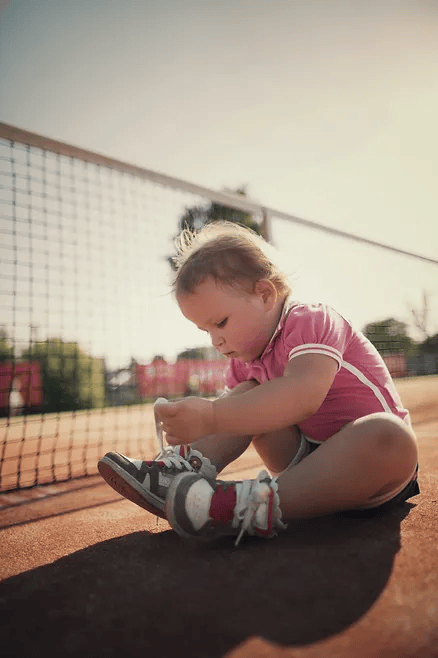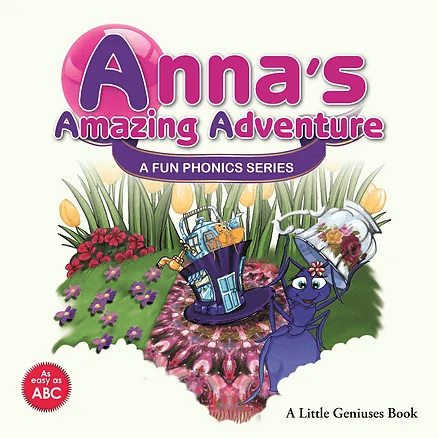Is Your Child Ready for School?
Starting school is a big step. It is the beginning of your child’s educational journey. In New South Wales, children are able to start kindergarten at the beginning of the school year if they turn five on or before 31 July in that year.
But does this mean they are ready?
School readiness is about much more than age. It is about whether your child is emotionally and physically ready to face the challenges that come with starting school for the first time.
A difficult decision many parents face is whether to send their child to school or to hold them back, especially if their birthday falls towards the end of the year.
School Readiness Indicators
It is not always obvious whether your child is ready to start school. However, there are common indicators that can help determine your child’s school readiness. Research consistently determines the most important factors to be:
Physical Health and Wellbeing
Physical health and wellbeing is not about whether your child can run 100m or kick a soccer ball! Rather, this category is concerned with whether your child can complete basic tasks independently. These include:
Sitting
Listening
Gripping a pencil
Turning pages in a book
Feeding themselves
Going to the toilet
Washing their hands
Blowing their nose
Social Competence
The most important aspect of social competence is ensuring that your child is able to positively interact with other children. Social competence not only helps your child make new friends in their class, but will allow your child to cope with the stress of new situations and learning tasks.
Emotional Maturity
As every parent knows, children are emotional beings: they can go from crying to laughing in an instant! Having emotional maturity means that your child has some ability to self-manage their emotions. Indicators of emotional maturity include an ability to:
Independently manage their emotions
Interact with adults
Interact in large groups
Develop friendships
Be separated from parents
Language and Cognitive Skills
These include:
Recognising numbers
Basic counting
Following basic instructions
Basic thinking skills
It is important to realise that school readiness is not about being able to read or write. These skills will be taught at school so are not a priority for school readiness. Instead, parents should concentrate on familiarising their child with language. Educational books, such as Little Geniuses’ Fun Phonic Series, are a great way to introduce your child to words and phonics. This storybook series will stimulate your child’s love of reading, while developing the literacy skills that will prepare them for school.
For more exciting stories, visit www.geniuspublishing.com.au.
Communication Skills and General Knowledge
Verbal communication is the primary method of teaching in kindergarten. When starting school, your child will learn communication skills through exposure to conversations, books, and stories. Having a preliminary grasp of communication skills can make starting school easier for your child. These communication skills include:
Ability to have a conversation
Manners
Taking turns
Communicating basic needs
Awareness of the wider world
How can parents help their child prepare for school?
Ensuring that your child is ready for school may seem like a daunting task! Fortunately, the NSW Government has released Getting Ready for School, an information kit for parents that contains some easy strategies for preparing your child for school.
Social and Emotional Competence
Ensure your child has regular contact with other children before starting school. This helps them learn how to make friends.
Introduce games that involve taking turns, such as playing on a swing or jumping on a trampoline.
Encourage your child to come up with a fair solution if conflict arises. Sit down with them and help them sort through the conflict.
Make them aware of rules and the reasons for having them. For example, when holding your child’s hand to cross at pedestrian lights, talk about why you cross only when the ‘green person’ flashes.
Recognise your child when they do something well. Behaviour is more likely to change with praise, rather than punishment.
Language
Read to your child. When choosing a book to read, why not try Anna’s Amazing Adventure, Ben’s Basketball Battle and Caitlin Cleans her Closet, three books from Little Geniuses’ Fun Phonic Series. These books are not only exciting and interesting, but are specifically designed to prepare your child’s mind for language!
Talk to your child: ask them questions and listen to what they have to say.
Help your child learn to follow simple instructions. Ask them to do things that will help you as well, such as getting food out of the fridge. Make sure you thank them so that they feel appreciated.
Physical and Motor Development
Make sure your child is well rested and has a balanced diet.
Play games together, such as kicking a ball, obstacle courses, skipping and hopping games.
Involve your child in a sport they enjoy, for example a kinder gym, little athletics club, soccer or a ballet class.
General Knowledge and Skills
Teach your child to dress themselves, tie shoe laces, use velcro or buckles.
Make sure they can go to the toilet by themselves.
Teach them to write their name.
Visit museums, galleries and the park, go for walks and see friends.
At Little Geniuses Publishing, we know that there is more to your child’s development than just reading. That’s why we have developed a list of our favourite things to help with your child’s educational growth outside the classroom! Each of our picks addresses a unique aspect of The Australian Early Development Census’ (AEDC) five important areas of child development.
To view our pick’s visit: www.geniuspublishing.com.au/our-picks/
For more information regarding the NSW Government information kit, visit:
www.community.nsw.gov.au/docswr/_assets/main/documents/survival_kit/starting_school.pdf
#school #child #readiness #phonics #SchoolReadiness



